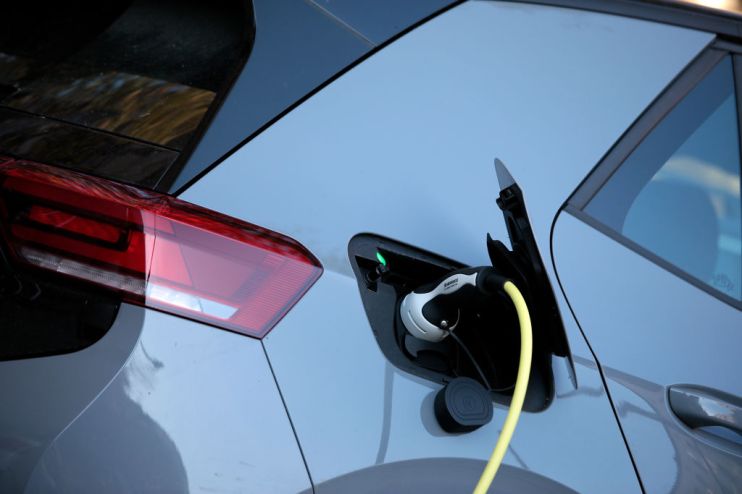EV drivers hit by rise in public charging costs

The cost of charging an electric vehicle has risen 42 percent since May, according to RAC Electric Experts.
On average it now costs 63.29p per kilowatt hour to refuel an EV at a public rapid charger on a non-subscription basis – an 18.75p increase from four months ago.
The latest figures show that “it is drivers who use public rapid and ultra-rapid chargers the most who are being hit the hardest”, says RAC EV spokesperson Simon Williams.
The RAC Charge Watch also found that users of rapid or ultra-rapid public chargers will pay 18p per mile for electricity, 1p less than petrol cars and 3p less than diesel cars driving at 40 miles to the gallon.
Drivers of a typical family-size EV will pay £13.59 more than a year ago to charge a 64kWh car battery to 80 percent.
EV drivers with charging points in their driveways can escape the considerable premiums of public chargers, paying just under £18 to charge an average-sized car to 80 percent (approximately 9p per mile) at home.
Williams says the picture is “much bleaker” for owners without access to home charging. Those relying on the public charging network must shell out up to almost £33 for an equivalent EV recharge.
The RAC is concerned the rising charge costs are deterring people from replacing their fuel cars with EVs.
“The Government needs to redouble its efforts in helping drivers to go electric if it is to meet its own net-zero transport objectives,” says Williams.
“Levelling the public and domestic electricity VAT rates would show it is serious about doing so at a time when household budgets are getting ever tighter.” VAT on electricity at public chargers is currently 20 percent compared to just 5 percent at home.
Quentin Willson, founder of the RAC-backed FairCharge campaign, also calls for greater support to prevent EV adoption rates falling: “This government needs to act on charging costs, cap rises on public chargers, lower VAT and support charge point operators to build infrastructure. If they don’t, all those years of promises of a zero-emission future, clean air and energy independence will have come to nothing.”